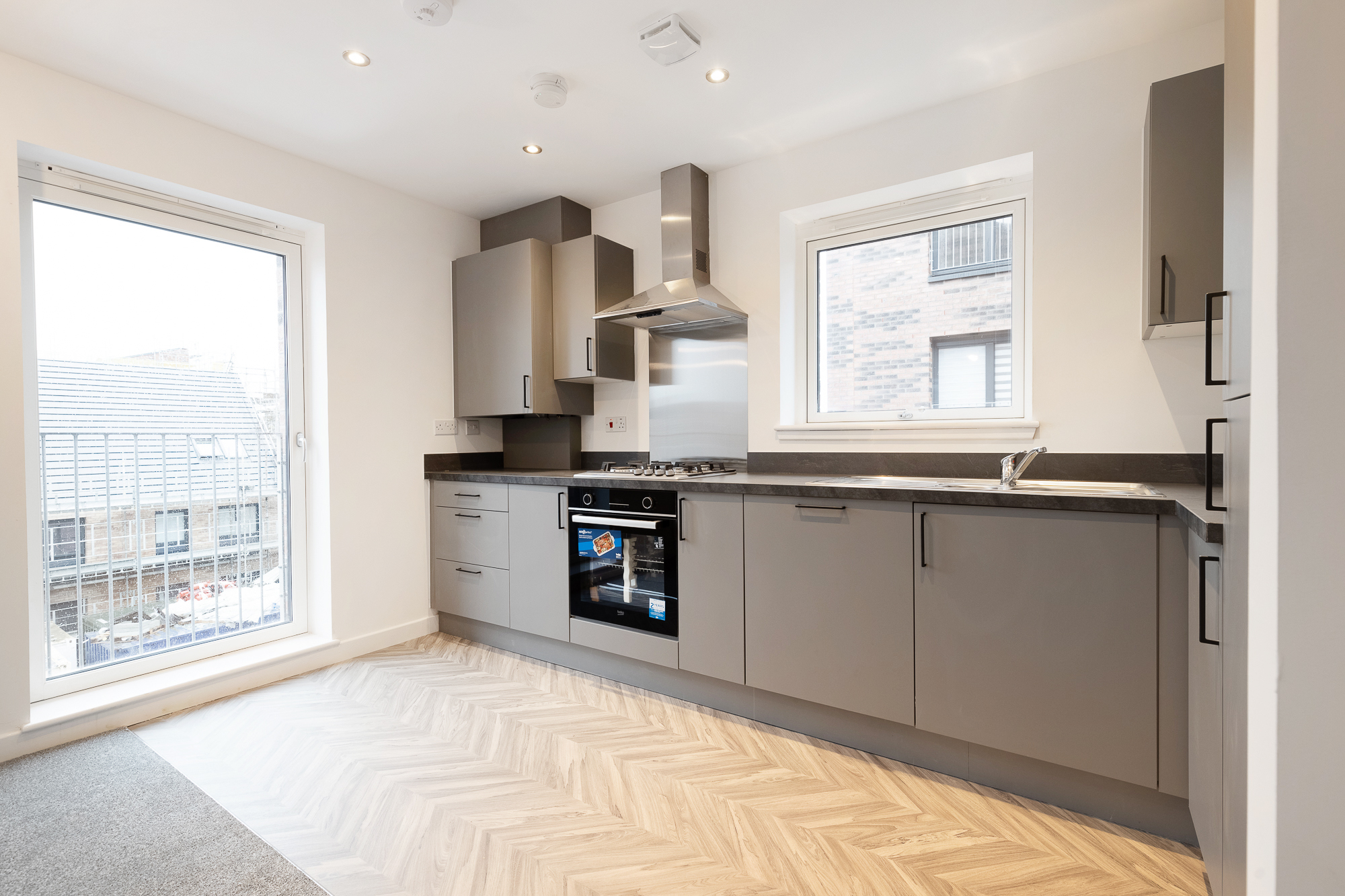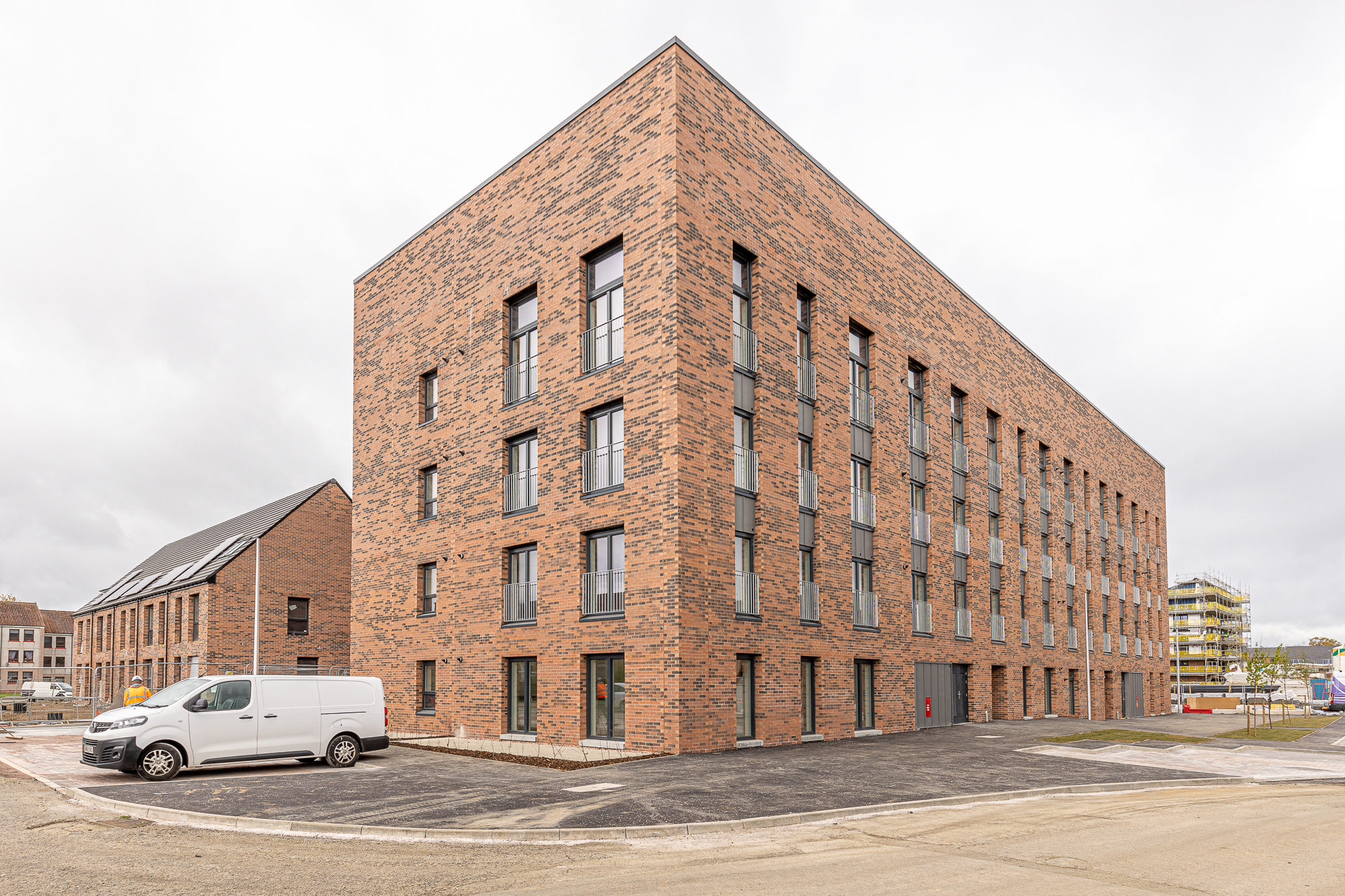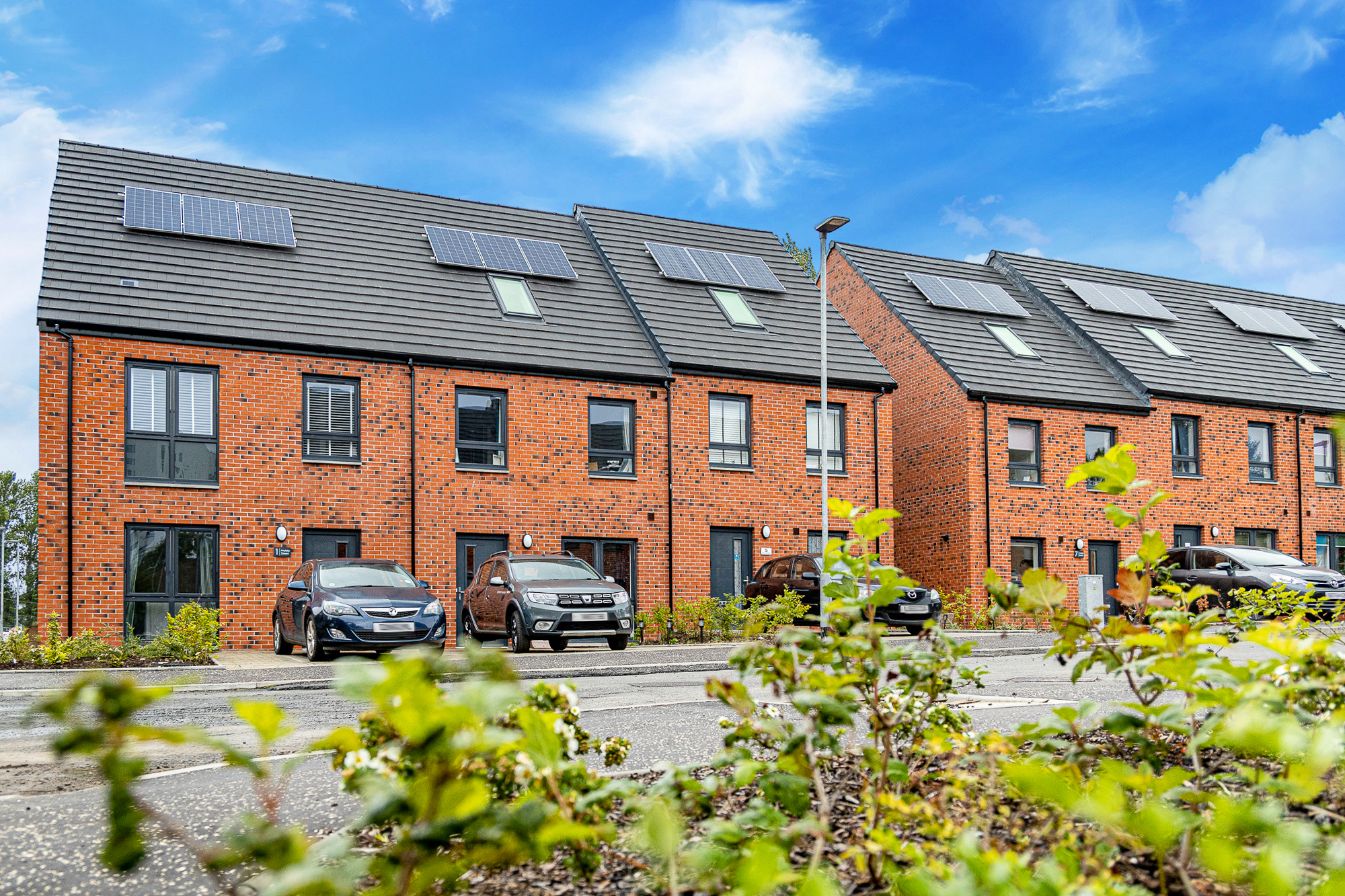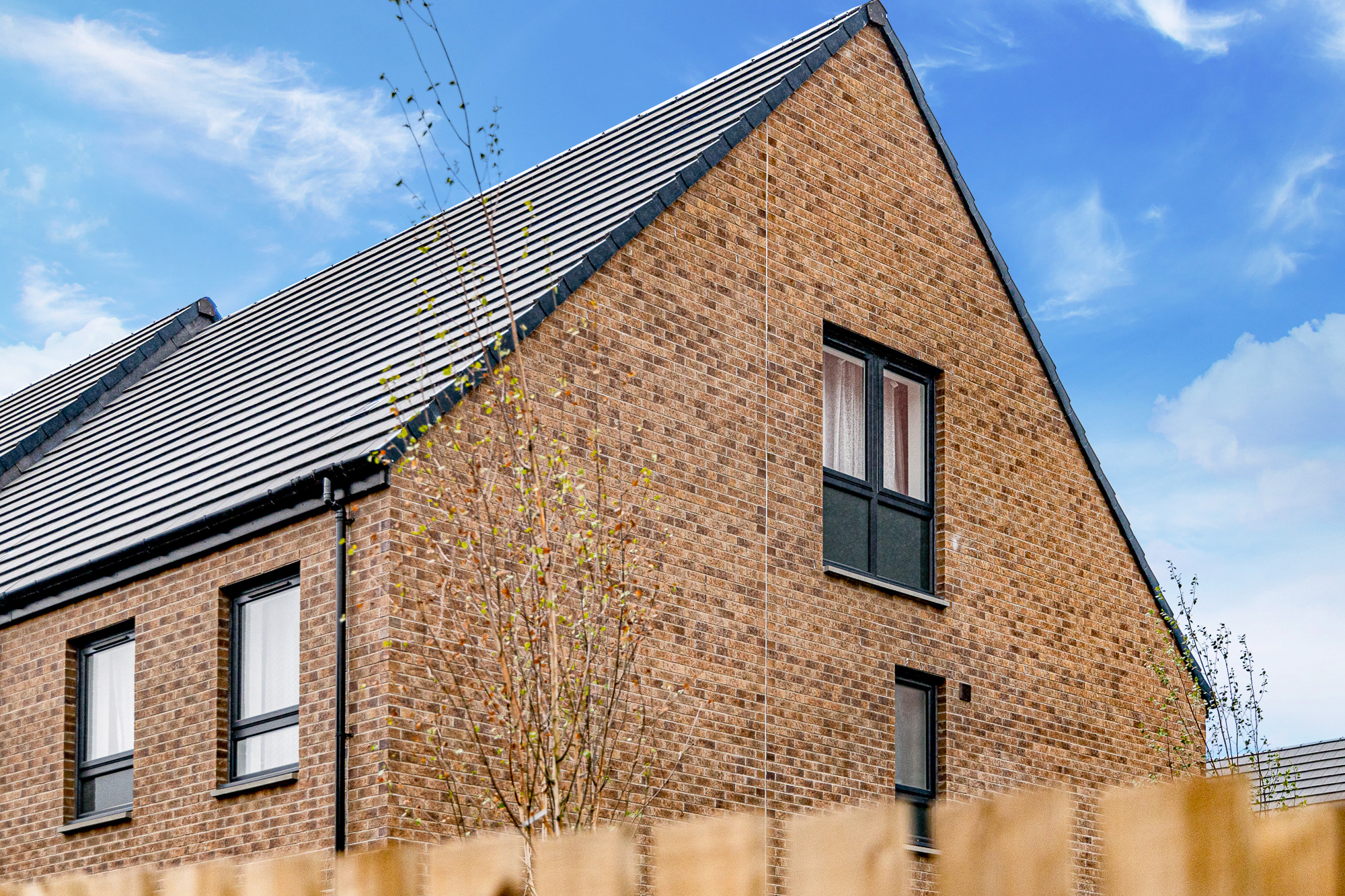How to save energy at home
With household energy bills on the rise, there are several measures you can take to make sure that your home is working as efficiently as possible, helping you to save money – and the environment.
The great thing about buying a new home, especially an Urban Union property, is that it already has a high EPC rating with new double-glazed windows, an efficient boiler and insulation.
But even if you live in a home that’s energy efficient, there are some small things you can do to make significant savings and break bad habits around energy use.
In this blog we will highlight some of our best energy saving tips below.
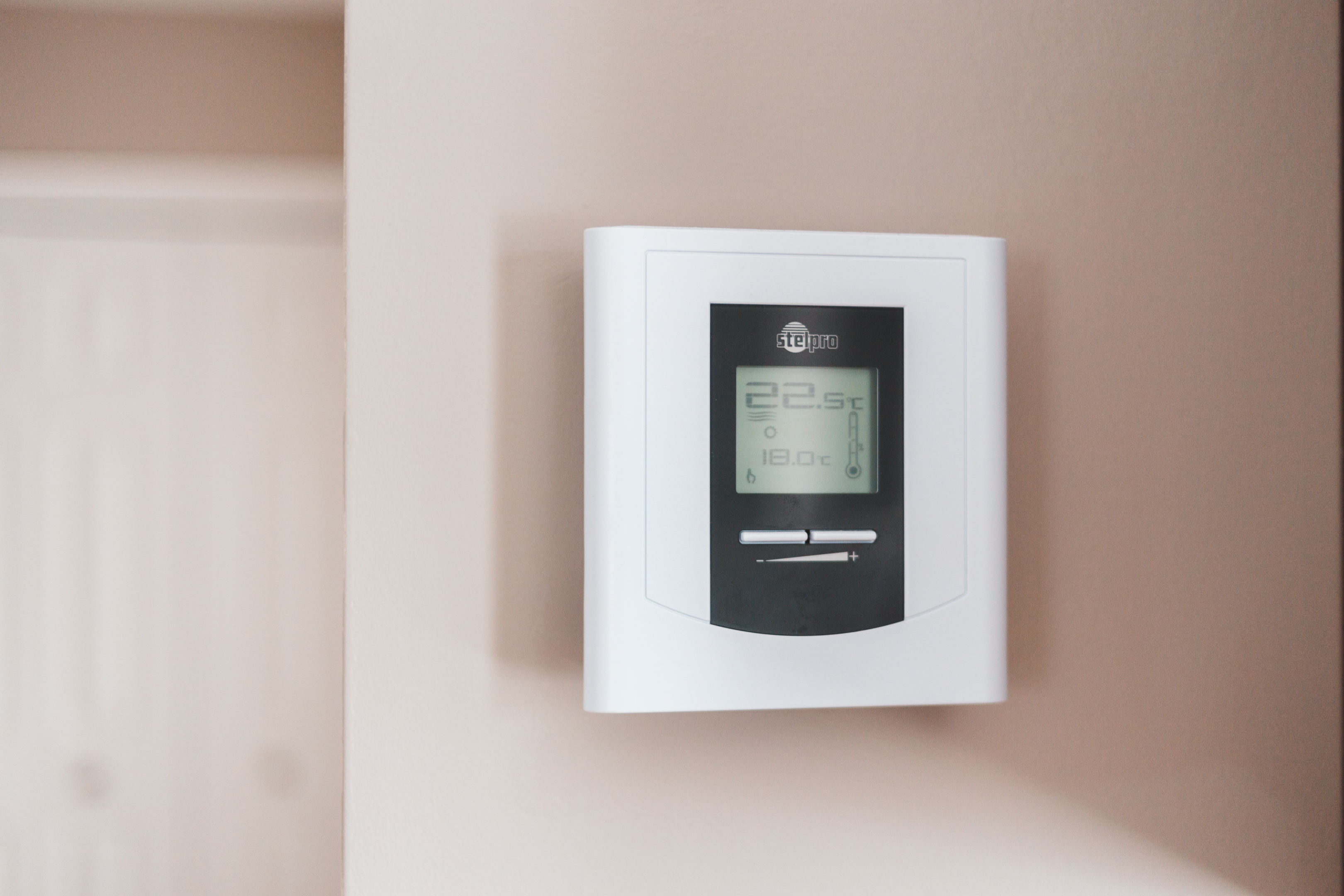
Check your boiler
According to the Energy Saving Trust, heating and hot water typically account for over half of our energy bill, so it makes sense that you have an efficient one.
Primarily the age and efficiency of your current boiler, as well as the type of fuel that is used to heat your home will determine your energy usage.
That is why all of our new homes and apartments are fitted with a new combi boiler, which will heat water on demand, making them incredibly cost-effective and energy efficient.
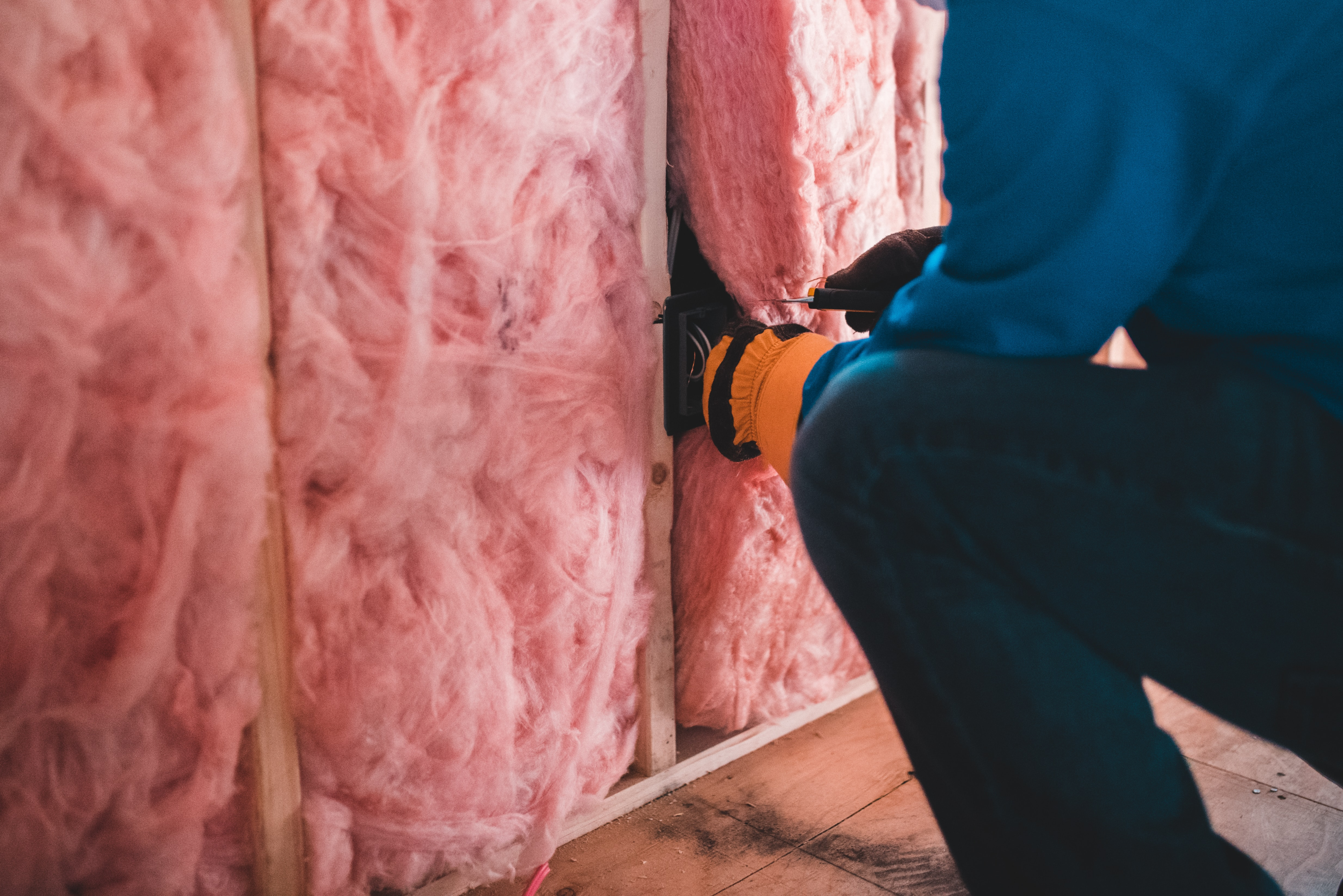
Ensure your home is insulated properly
The best way to ensure your home doesn’t waste heat is to ensure it’s adequately insulated.
Unless your home is newly built, you may lose a fair amount of heat through doors and windows, gaps around the floor or between floorboards, or out-of-use chimneys.
Remedy this by plugging in the gaps between your windows and walls with cavity wall insulation, filling cracks in the floors and gaps around skirting boards and doors, as well as fitting brushes where you have significant gaps at the bottom of internal doors.

Reduce the temperate within your home
When your home is properly insulated, you can afford to turn your heating down by just one degree to make a big saving over the course of the year.
In fact, you can save 10% on your energy bill just by turning your heating down by as little as one degree.
And for the chillier nights, warm blankets are the perfect accessory to have in your home.

Turn off switches to save energy at home
In a similar essence, it is also wise to minimise how often you are using your main lights and instead you should take advantage of natural lighting and smaller table lamps to reduce your energy usage.
Also make sure lights and plug sockets are switched off in any room not being used.
A smart meter is a great way to monitor this and quickly make changes to your current lifestyle.

Reduce your water consumption
And finally, water is another area in which you can reduce your energy costs.
According to the Energy Saving Trust, reducing the length of your shower to just four minutes could save £95 per year.
You can also choose to fit an aerator to taps and showers, which makes more efficient use of water – using less energy to heat the water you use.
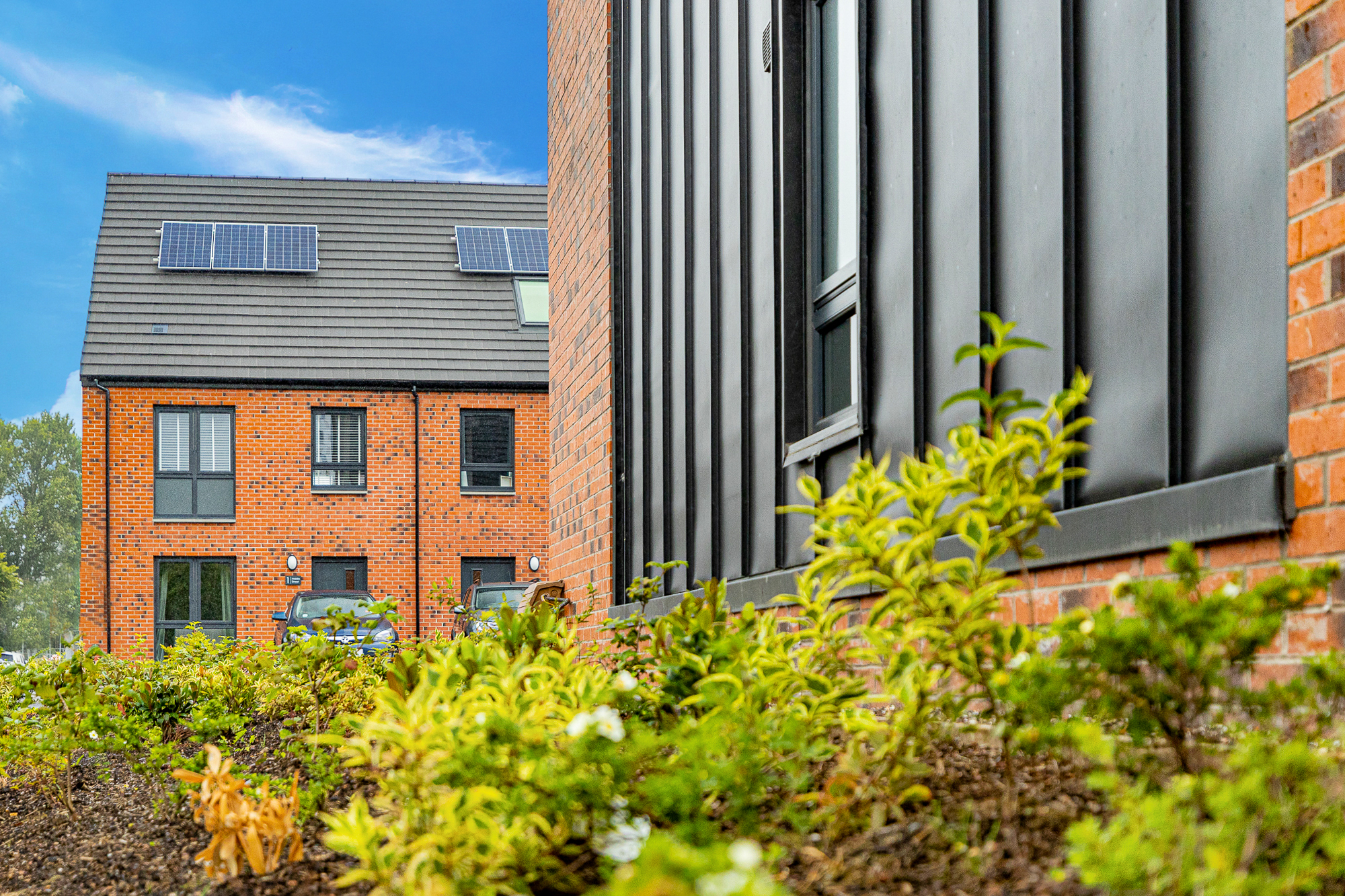
Find your energy efficient home with Urban Union
We hope we have been of service and provided some quick and easy tips on how to save energy at home.
If you have been inspired by this blog, to reduce your energy consumption and enjoy lower energy bills, then reserving your own Urban Union home may be your next best move.
Click here for further information regarding our current developments, in both Glasgow and Edinburgh.



